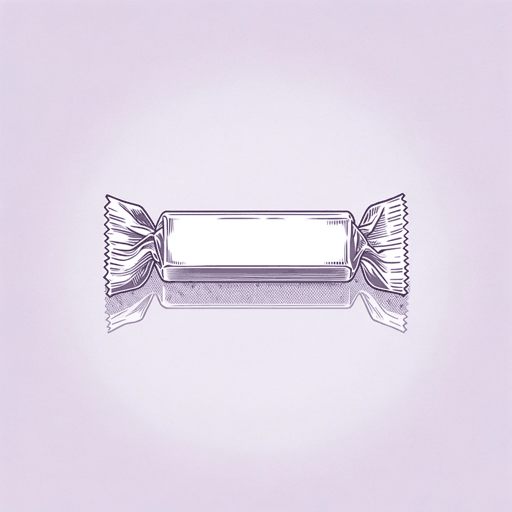27 pages • 54 minutes read
Andre Dubus IIThe Fat Girl
Fiction | Short Story | Adult | Published in 1977A modern alternative to SparkNotes and CliffsNotes, SuperSummary offers high-quality Study Guides with detailed chapter summaries and analysis of major themes, characters, and more.
Story Analysis
Analysis: “The Fat Girl”
Content Warning: This section deals with disordered eating and body shaming.
Dubus’s “The Fat Girl” explores selfhood and self-transformation through the lens of body image. Louise’s disordered eating and body image issues begin when she is only nine years old, but both morph and transform throughout the story like Louise’s body itself. Whenever Louise gains or loses weight, it changes how others view her: For example, she gains either disappointment or praise from her mother and husband. However, Louise’s physical appearance also changes how she sees herself, illustrating The Connections Between Body, Soul, and Selfhood.
The story posits Louise’s mother as the origin of her issues. Her mother does not eat enough, is very thin, and begins lecturing Louise and controlling what she eats at a young age. However, Louise’s mother’s own relationship to her body likely reflects the societal pressure to be thin. Ironically, although Louise’s mother claims being thin is necessary to appeal to men, Louise faces no pressure from her father to lose weight. On the contrary, when Louise is a child, her father often asks her mother to feed her more, but her mother never agrees. Similarly, whereas Louise’s mother withholds physical affection, her father gives it in abundance, along with verbal praise and words of love.
Related Titles
By Andre Dubus II



